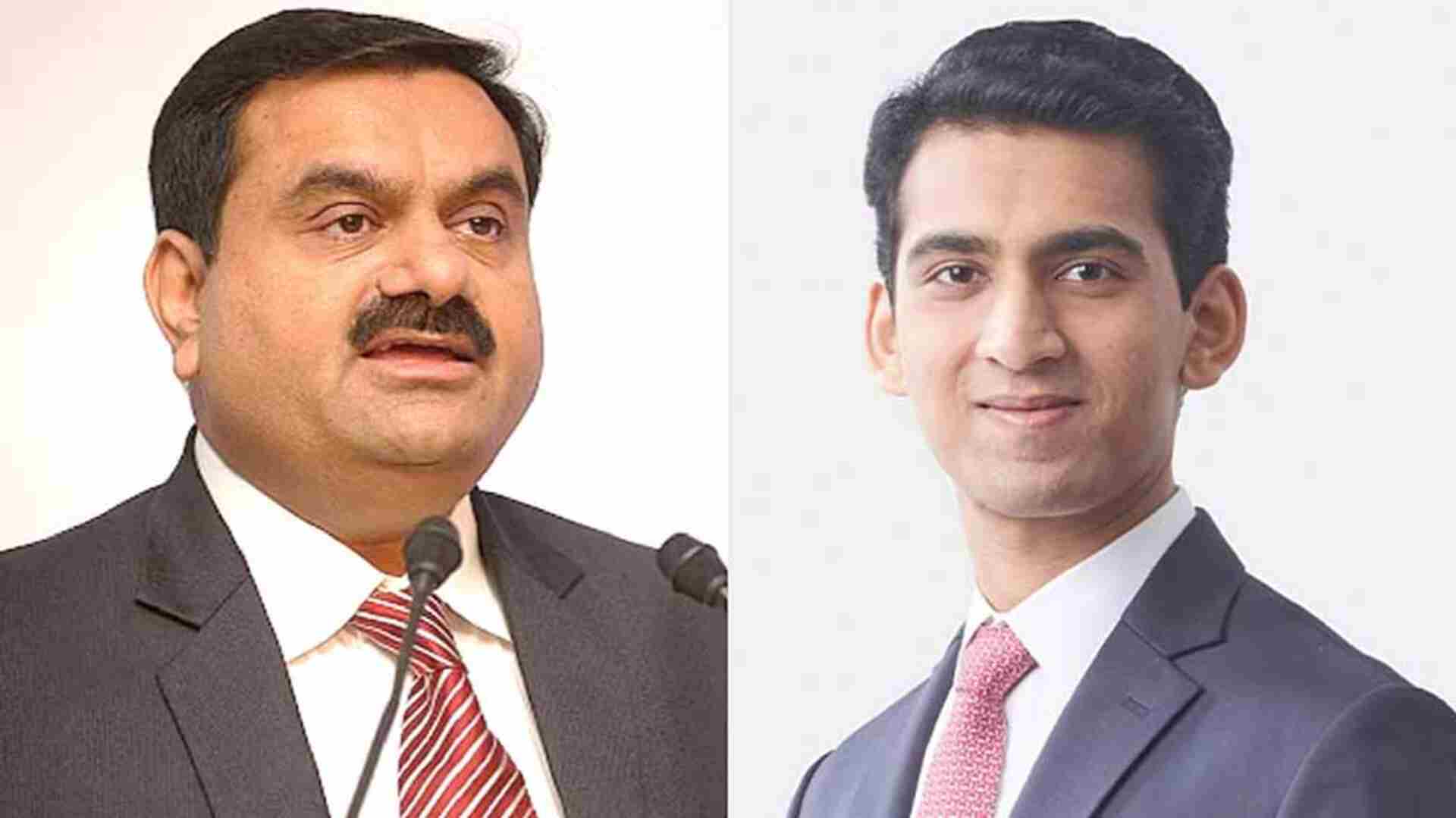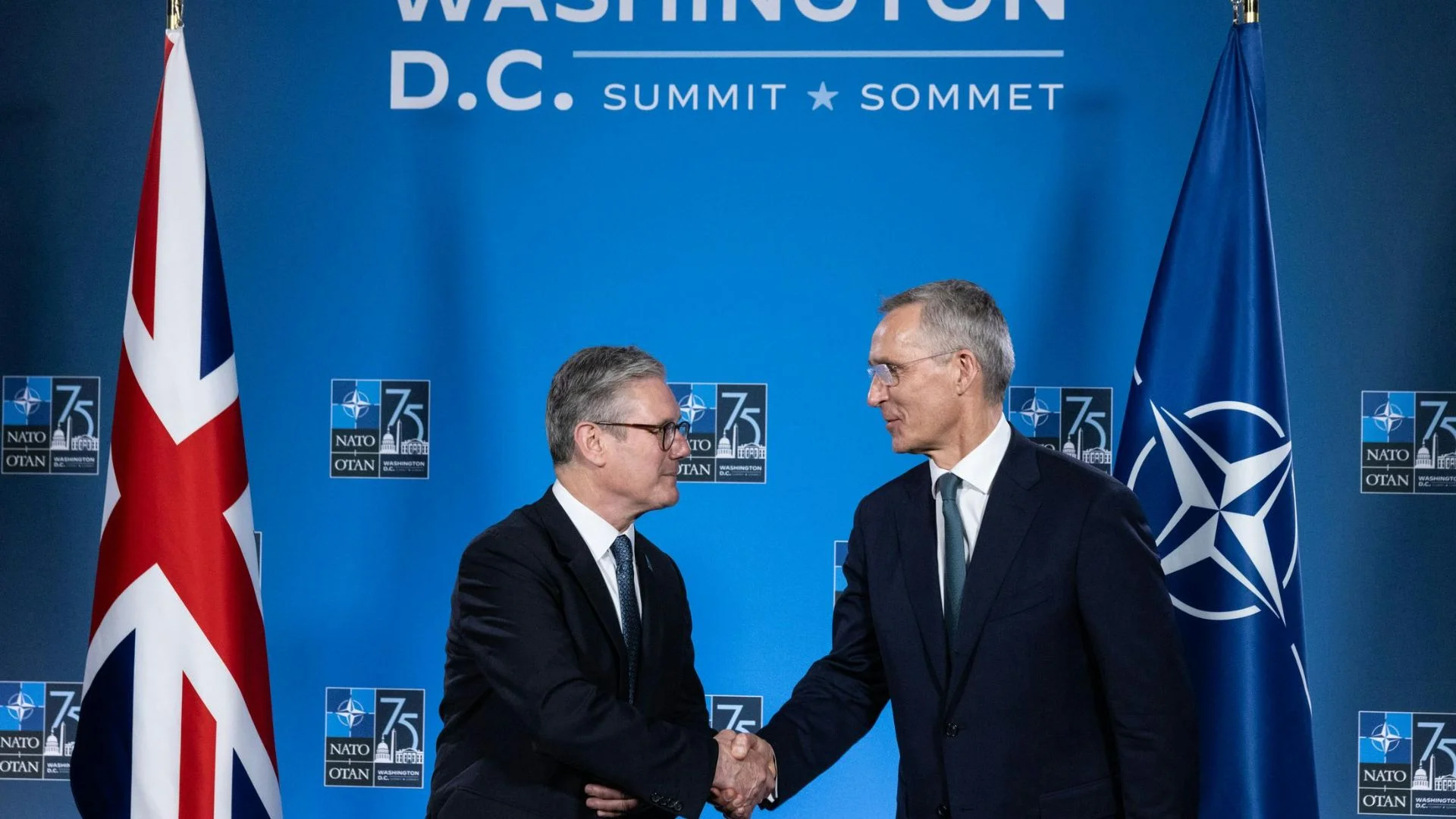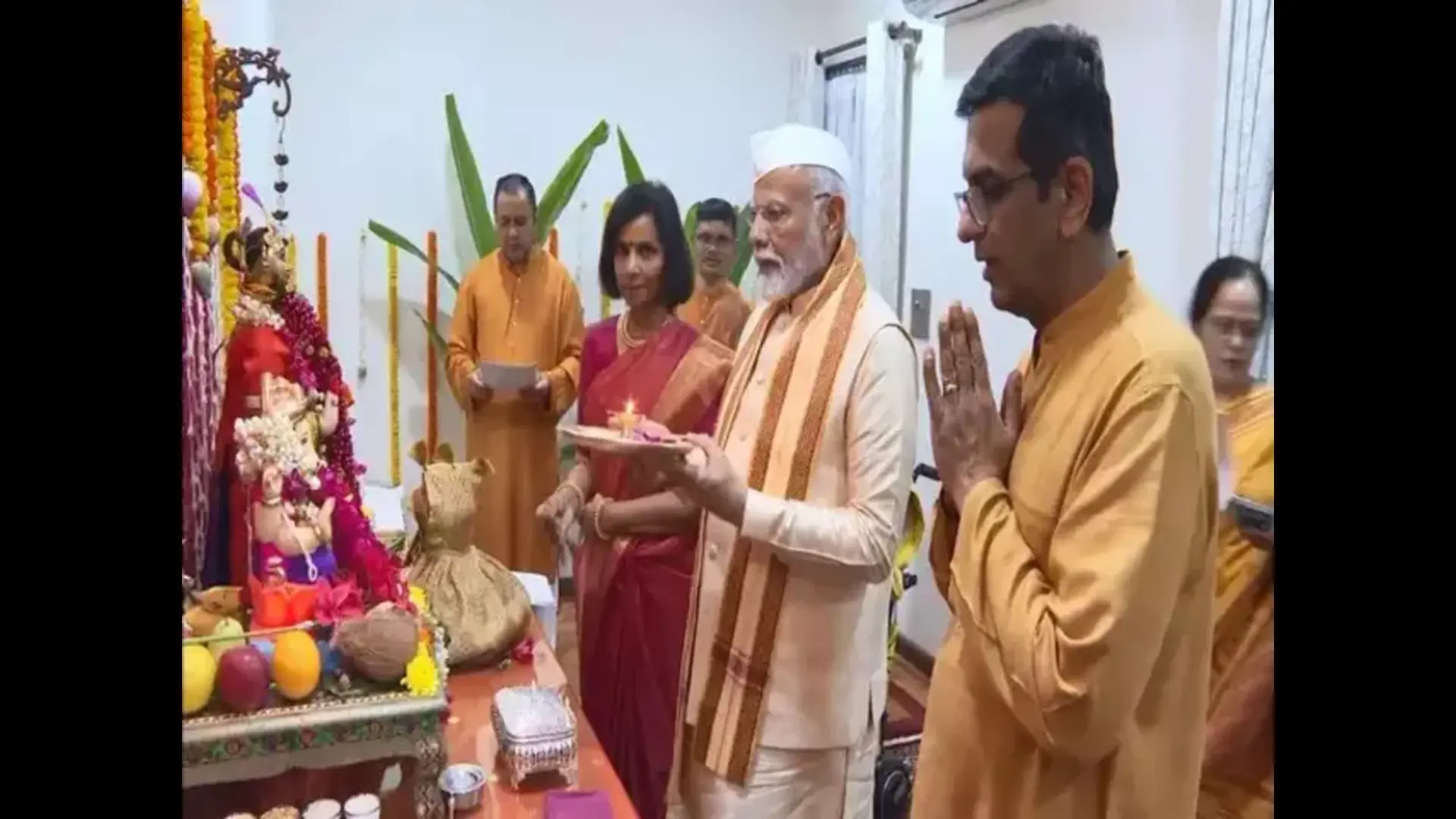
Menstrual hygiene is still a taboo for the Indian society, despite numerous government initiatives and awareness campaigns about it having helped to normalise menstruation. According to the most recent national health data, only seven of India’s 36 states and union territories have 90% or more of women in the 15–24 age range using sanitary protection during menstruation. Even though discussions on it have opened doors for many women in all stages of life throughout the years,the malesare still reluctant to talk, even if it involves their own kin.
When girls enter adolescence, this stigma surrounding menstruation drives them to drop out of school, which hinders the expansion of female literacy in India. Menstruation is the primary cause of school abandonment for 23% of females in rural India. According to data compiled by Rutgers, a group that promotes sexual and reproductive health and rights, up to 28% of them claimed they skip school during their period because they lack clean, cheap protection.
When a girl is with her partner, she feels comfortable discussing her menstrual cycles and challenges currently, but she rarely does so with her father or brothers because of shame. Women are still subject to social, religious, and cultural constraints during their periods because they are regarded as “impure.”
Girls learn to cope with the pain and dread from a young age, and we hardly ever witness a girl seeking assistance when experiencing physical or emotional agony because of her period.Yet as social media use has grown in recent years, women have started to share their menstrual-related stories as well.However, this freedom is frequently questioned, and individuals who share their experiences are threatened with bans, while trolls who engage in moral policing and publicly humiliate women get away with it.It’s time to offer them the freedom and information to deal with the grief instead of silencing them with shame. Social media is a potent weapon that should be used to educate the public and create awareness.
Numerous organisations are attempting to raise awareness and alter people’s perspectives so that they can talk about their periods without feeling awkward.Community-based awareness campaigns would not only result in proper knowledge dissemination but also in discussions on menstrual concerns that can have a positive influence on improving people’s attitudes.By holding workshops in schools, educators and students might learn enough and accurate information about their bodies without having to hide their gender as adolescent girls sometimes feel anxious about their periods because they think they are filthy.Men and boys should also be educated about menstruation so they may assist in providing their mothers and sisters with proper information and share household chores while women are menstrual.
Although menstruation is a natural occurrence, stereotypes about it undervalue women’s ability to procreate, and when they are having their periods, their capabilities are frequently questioned. It is therefore imperative for the whole Indian society to learn about the intensity and significance of the menstrual cycle as a process.
Dr Nirmala M is a Consultant Obstetrician, Gynaecologist and Fertility Specialist.















